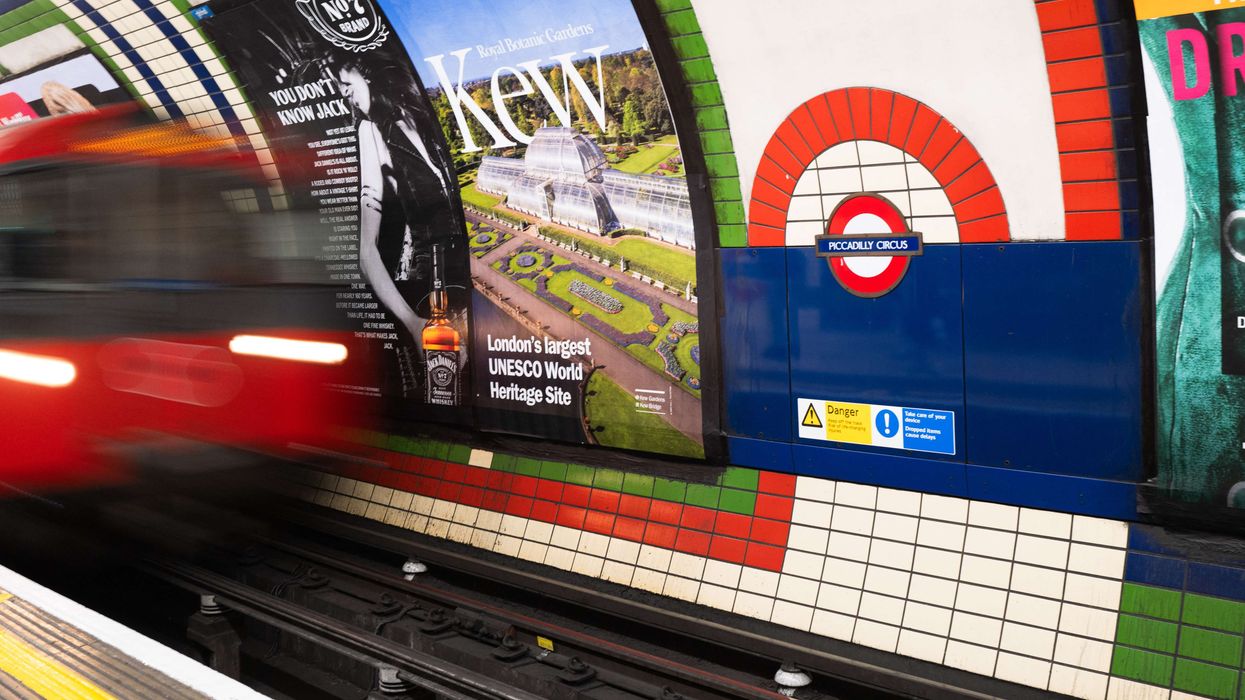BRITISH home secretary Priti Patel has slammed the critics of her government’s controversial immigration deal with Rwanda and the BBC’s “xenophobic” overtones in reporting the matter.
She was "taken aback" by the tone of BBC journalists' references to Rwanda after the agreement with the African country was announced, she told The Telegraph.
She said the corporation’s “undercurrent” was similar to the views expressed by opposition parties.
"When you hear the critics start to stereotype, start to generalise, first of all that's all very offensive. It's deeply offensive, and it's based on ignorance and prejudice, some of this, in my view. I could call them lazy and sloppy characterisations, but actually they're not. I heard plenty of that not long after the announcement was made”.
"There are always going to be critics, and we live in a free country," she said in an interview with the newspaper published on Saturday (23).
According to documents published by the government last week, Patel overruled reservations from officials about her plan to send thousands of asylum seekers to Rwanda.
The plan, unveiled by prime minister Boris Johnson, seeks to act as a deterrent to migrants who make illegal boat crossings to Britain from France.
It has drawn heavy criticism from political opponents and campaigners.
In an exchange of letters with Patel, the top official in the Home Office highlighted uncertainty over the scheme's value to the taxpayer.
The government has said it would contribute an initial £120 million to the scheme.
"I do not believe sufficient evidence can be obtained to demonstrate that the policy will have a deterrent effect significant enough to make the policy value for money," Home Office permanent secretary Matthew Rycroft said.
Patel acknowledged the concerns but stated her belief that without taking action to stop the crossings, both the monetary costs and the loss of life among those who attempt to navigate the busy shipping channel would rise.
"It would therefore be imprudent in my view, as home secretary, to allow the absence of quantifiable and dynamic modelling ... to delay delivery of a policy that we believe will reduce illegal migration, save lives, and ultimately break the business model of the smuggling gangs," she wrote.
Last year, more than 28,000 migrants and refugees made the crossing from mainland Europe to Britain, a fraction of the number arriving in other European countries, but enough to keep immigration a politically sensitive topic among some voters.
Site Navigation
Search
Latest Stories
Start your day right!
Get latest updates and insights delivered to your inbox.
Related News
News
Teachers, nurses warn of strikes over 2.8 per cent pay rise proposal
EasternEye
11 December 2024
More For You

The London Underground Tube in Picadilly Circus station on 31 October 2025. (Photo: Getty Images)
Getty Images
Free rail travel for London pensioners under review: Reports
Jan 06, 2026
LONDON pensioners could face limits on free travel across the capital’s transport network as London Councils reviews the Freedom Pass scheme, according to reports.
London Councils, which administers the scheme for the capital’s 32 boroughs and the City of London, is considering whether free travel for residents aged 66 and above should be restricted to bus services only, The Times reported. At present, eligible Londoners can travel free on buses, the Underground, Overground and other rail services.
The annual cost of the scheme is expected to rise by more than 10 per cent this year to £372 million. The cost is met by local authority taxpayers and covers compensation payments to operators, including Transport for London, and bus and rail concession operators.
The increase comes as councils face pressure on spending in areas such as social care and special needs provision.
Stephen Boon, chief operating officer at London Councils, told a pre-Christmas meeting that limiting the Freedom Pass to buses would reduce annual costs to £224 million.
He said increased use of the network, changes in how Elizabeth Line journeys are calculated, and a new charge by TfL for Oyster cards — £1.50 per card for nearly 400,000 passes — had driven up costs.
In meeting papers, Boon said the Society of London Treasurers had “expressed concern about the growing cost of the Freedom Pass scheme,” adding that officers “will continue to work … to identify what other policy options might be used to control the cost of the scheme in future.”
Any change would require amendments to the Greater London Assembly Act 1999. The story was first reported by the Evening Standard.
Keep ReadingShow less
Most Popular
Current Issue
×
Terms and Conditions
By clicking the 'Subscribe’, you agree to receive our newsletter, marketing communications and industry
partners/sponsors sharing promotional product information via email and print communication from Garavi Gujarat
Publications Ltd and subsidiaries. You have the right to withdraw your consent at any time by clicking the
unsubscribe link in our emails. We will use your email address to personalize our communications and send you
relevant offers. Your data will be stored up to 30 days after unsubscribing.
Contact us at data@amg.biz to see how we manage and store your data.
© Copyright 2026 Garavi Gujarat Publications Ltd & Asian Media Group USA Inc










